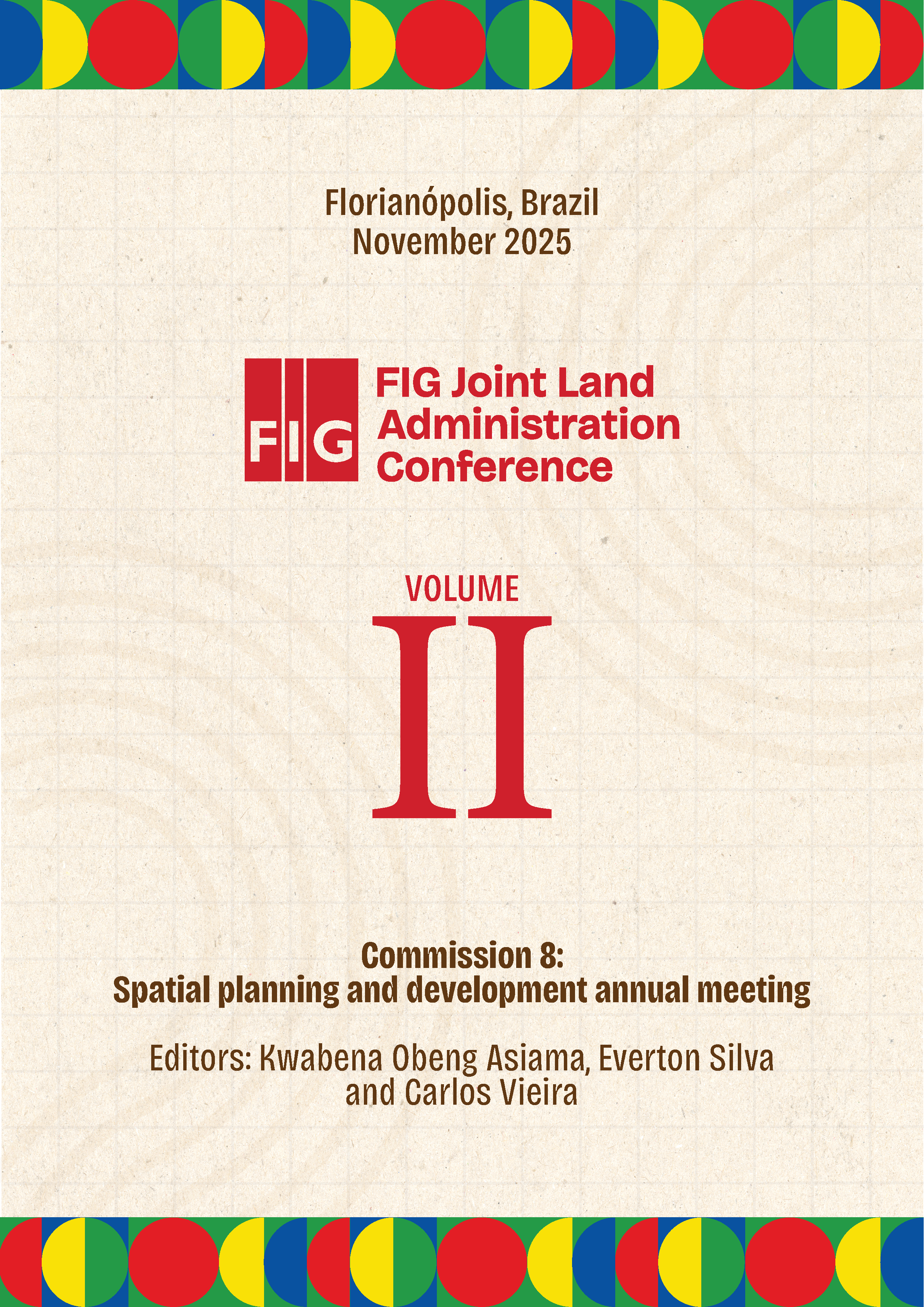Land Market and Women in Colombia: A Perspective from the Care Economy
Palavras-chave:
land market, gender, care economy, Colombia, property rightsResumo
Land tenure is one of the most representative socioeconomic factors of structural inequality in Latin America, and Colombia is no exception (OXFAM, 2017; IGAC, 2024). Pachón (2021) highlights that the concentration of rural property in the country remains an unresolved historical problem, exacerbated by armed conflict and unequal agrarian dynamics. Unequal access to land is not only an economic issue, but it is also deeply influenced by gender. Rural women face greater barriers in accessing, controlling, and benefiting from land, a reality that reflects unequal historical and cultural power relations in the country (DANE-MADR, 2021). This research explores how gender inequalities in caregiving responsibilities impact women’s access to the land market and land tenure. From a conceptual perspective, it examines how unpaid activities performed primarily by women limit their purchasing power and savings capacity, thereby restricting their participation in land transactions. Additionally, cultural biases that undervalue care as a form of productive labor reinforce male predominance in inheritance and household leadership, perpetuating gender gaps in women’s access to land. Methodologically, the study employs traditional cadastral data and notary and registry transactions, processing information from 20 million property-holder records and 70 million real estate transactions carried out between 2015 and 2023. A machine learning algorithm predicted the sex of property holders based on identification number patterns. The findings reveal significant inequalities: women own less land in rural areas, participate less in the real estate market, and are disadvantaged in transactions such as purchases, inheritances, marital liquidations, and allocation of state-owned lands. These dynamics reinforce a cycle of limited land access, heavier caregiving burdens, and reduced economic autonomy, highlighting persistent gender gaps in land markets in Colombia.


